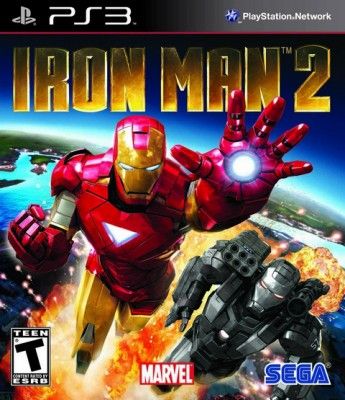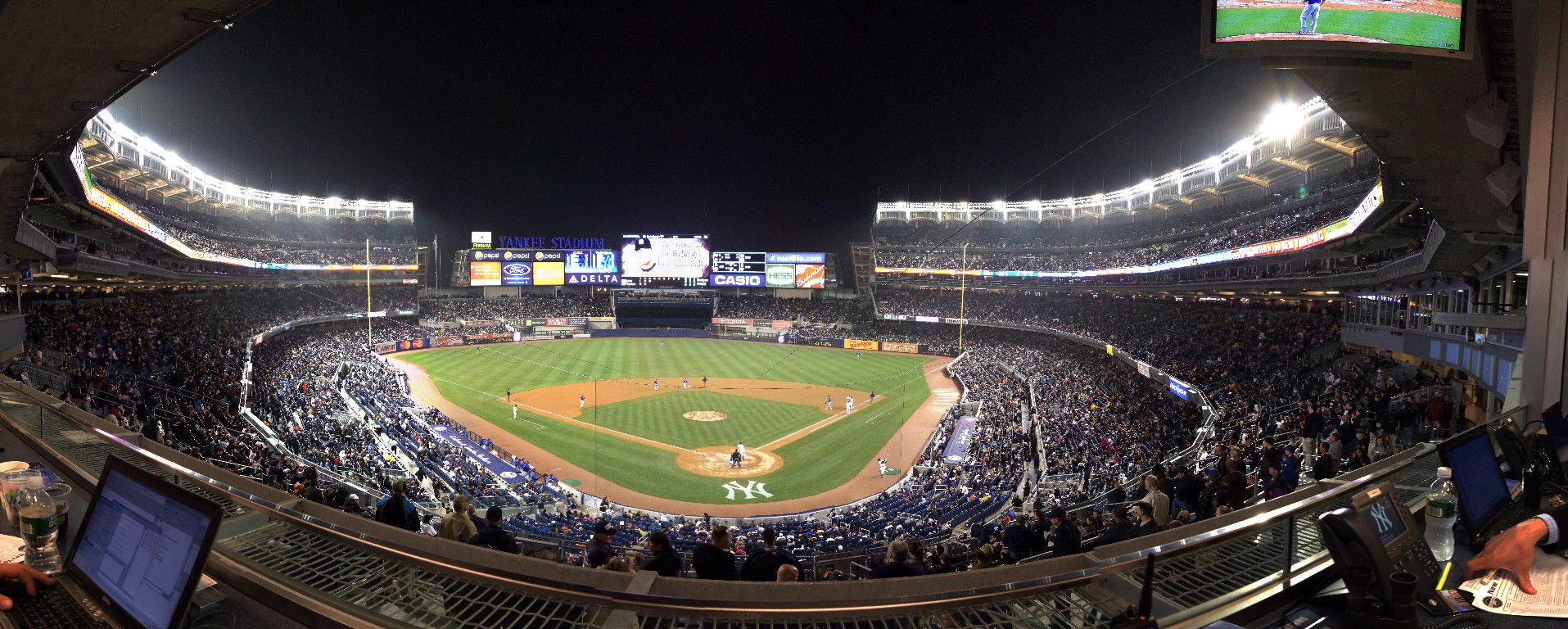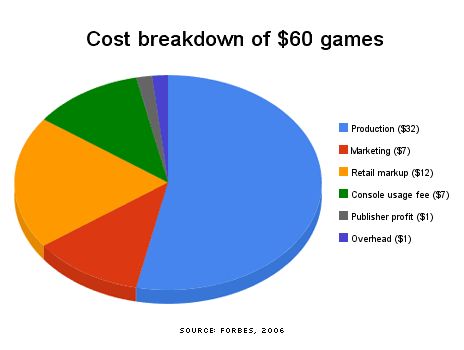Every so often, a title is released that becomes the new measure or benchmark in which all games after it will be compared to. It doesn’t matter what genre it is, and it definitely doesn’t matter what console it is on. No, the only thing that matters is the level of quality that was achieved, which not only makes it a memorable title, but also justifies its purchase.
The game I am currently playing that inspired this piece is Red Dead Redemption. However, it doesn’t mean that I haven’t felt this sentiment before. My most recent experience before Rockstar's tour de force, was with Naughty Dog’s Uncharted 2: Among Thieves last year. This time, while on assignment covering an event with a fellow writer on staff is when it all came back to me.
 On our way to the event, Francois and I were having a casual exchange about our favorite topic (gaming of course). That’s the exact same time when he caught me off guard by with the following statement.
On our way to the event, Francois and I were having a casual exchange about our favorite topic (gaming of course). That’s the exact same time when he caught me off guard by with the following statement.
“I don’t get it. How can these publishers come out with games like Iron Man 2 or Lost Planet 2 and still charge you the same $60 that you pay for a game like Red Dead Redemption?”
At first, I thought it was just an angry bias rant, because Francois was the one who had to write up the review for Lost Planet 2. Maybe he was still upset about that fiasco. However, after thinking about it, I thought to myself, he was absolutely right.
Every other form of entertainment has some kind of measure of value. The same goes for consumer goods. And while I think that video games are the ultimate form of entertainment, I believe that while there’s still physical product on shelves (damn you digital distribution), video games actually teeter on a very thin line in between both mediums.
As far as entertainment is concerned, here’s a very quick example that will come to us from the world of professional sports. While I believe baseball players are all spoiled brats they do provide for a perfect comparison. So here it goes.
Premium tickets for the upcoming Mets/Yankees Subway Series in June - at Yankee Stadium are going for five figures. Yes, that’s 10,000 dead presidents. In comparison, when their minor league, Single-A counterparts face off, The Brooklyn Cyclones and the Staten Island Yankees in August, tickets to that match up are only going for $25 dollars.
Both are playing the same game, on a field of the same general size and shape. So, why do we pay a premium? Here’s why: Because you’re paying to see the very best compete against… you guessed it, the very best. Okay, the Mets are probably not the very best example here, but you get where I’m going with this.
When thinking of games as consumer goods, what immediately comes to mind is the same mantra that most people have about buying pretty much anything. Whether buying a digital camera, a TV, a car or a house, there’s always one constant saying that is universal across the board. It’s called "You get what you pay for."
With these two examples in mind, it makes you wonder the following: How can they [publishers], or better yet how dare they charge what they charge for certain titles.
2004 was the year when all the talk about $60 games began to rear its ugly head. It was a hike that games publishers agreed would help offset the upsurge in costs of producing a game. Titles were getting larger and increasingly more expensive to make, even rivaling motion picture budgets.
So, while the hike was justified for big budget next gen titles such as Call of Duty 2 and Resistance: Fall of Man, both were launch titles for their respective systems. Why did launch titles like Peter Jackson’s King Kong – The Official Movie Game and Genji: Days of Blade carry the very same price tag? Did they offer as much to the player as the first two titles mentioned in both quality and quantity? Did they really merit $60 of your hard earned money, especially after spending hundreds of dollars on new hardware? I certainly don’t think so.
I’m hoping by now that you’re asking yourself “Why do they charge $60 for pretty much all of the games these days?” Unfortunately, the best answer for that question is it’s because you’re all willing to pay that much. By accepting it at first and continuing to accept it, publishers have no reason to lower the cost. We as consumers have justified it.
It doesn’t matter if the game cost 10 million or 50 million, as far as they (the publishers) are concerned, at the end of the day, they know people will cough up 60 greenbacks regardless.
The reason I used professional sports as an example of entertainment is because in Baseball there is a form of government involvement and regulation, especially following all the hoopla of performance enhancing drugs, and the subsequent strain it has put on the sport. The folks in Washington stepped in not only because it involved the use of controlled substances, but also because the Yankees, as an organization, or any other ball club, are putting a product on the field. A product that people pay good money to see.
There’s also regulation for consumer goods. They come in the form of agencies like Consumer Affairs and the FCC. Agencies put in place to protect the integrity of healthy competition amongst companies but also protect the interest of consumers. Consumers that pay good money for good products.
Fifteen years ago, politicians decided that the industry needed regulating in the form of a rating system; and from the ashes rose the ESRB. It has since been in place and for the most part, has served its purpose. Governments from around the world followed suit, with similar rating systems being created or modified because of the success found in the US.
However, I think that there’s a need for further regulation. Instead of ratings, how about something that protects us gamers from ill-advised investments. Sure, that's why we have reviews, but when reviews are full of ad money and bias, they can only get you so far. We pay sales taxes on these games, just like the tax we pay on anything else we purchase, so why as gamers are we not treated, or better yet, protected by the same standards?
Uncle Sam seems too busy making sure that little Johnny can’t purchase God of War 3, and less concerned about preventing little Johnny’s mom (who’s single and works two jobs) from buying Iron Man 2 and robbing her (and her son) of 60 bucks. Call it laziness from the developers part, call it greed from the publishers part, call it ignorance on the consumers part, the only thing you can’t call it is fair.
Sure, no one is forcing you into purchasing any game, at the same time no one is forcing publishers to charge what the title is actually worth, either. If you're not making a AAA game, you shouldn't be allowed to charge a AAA price. Period.



